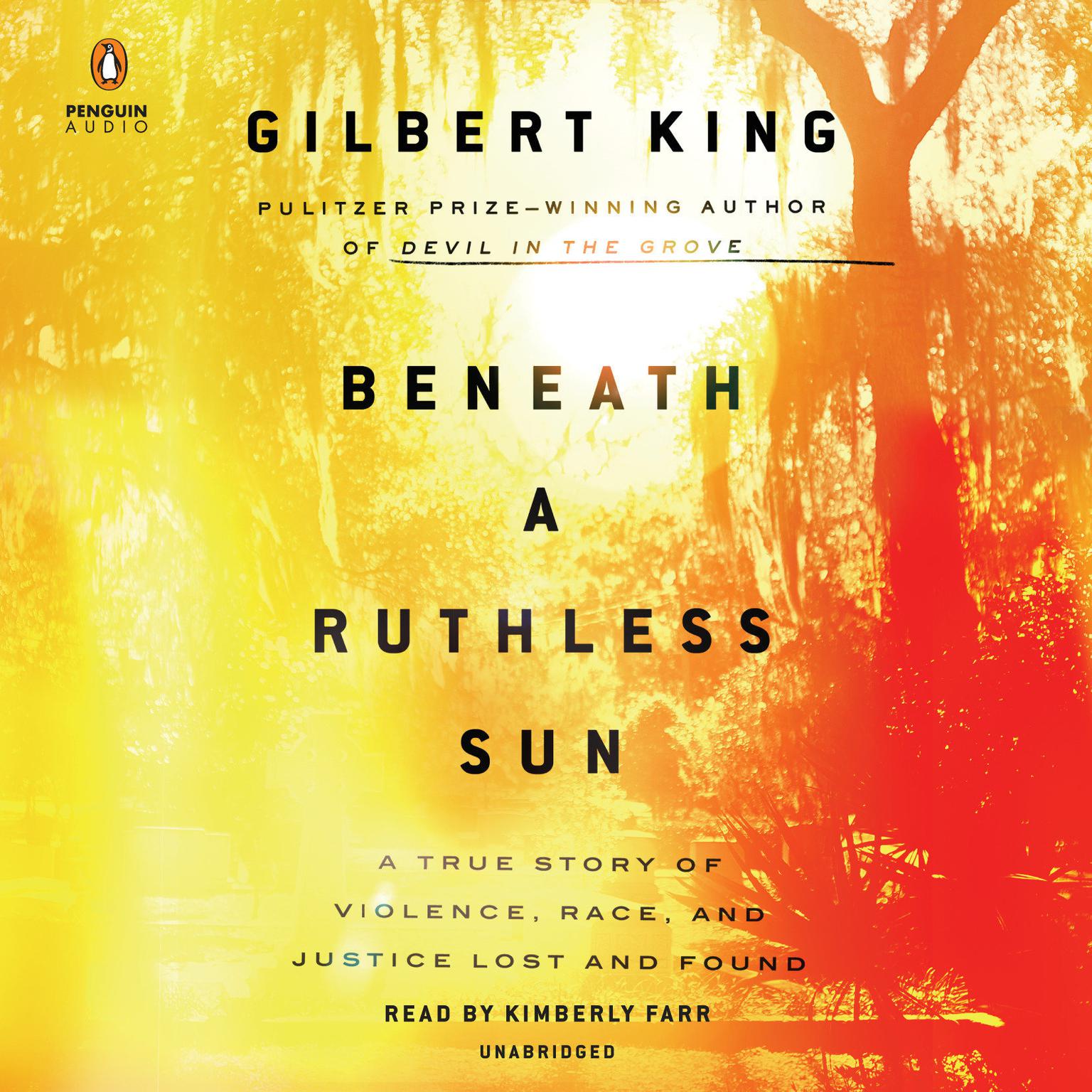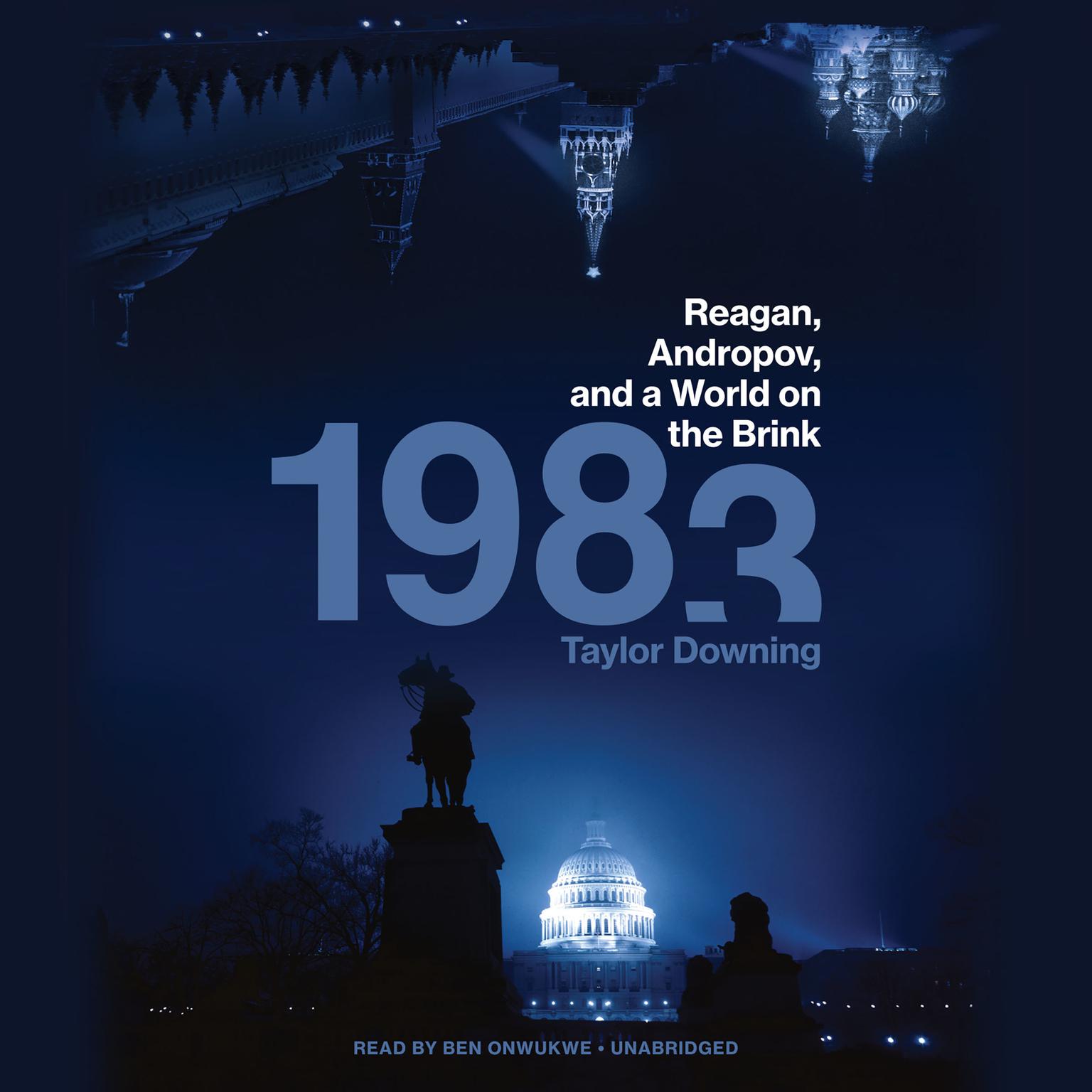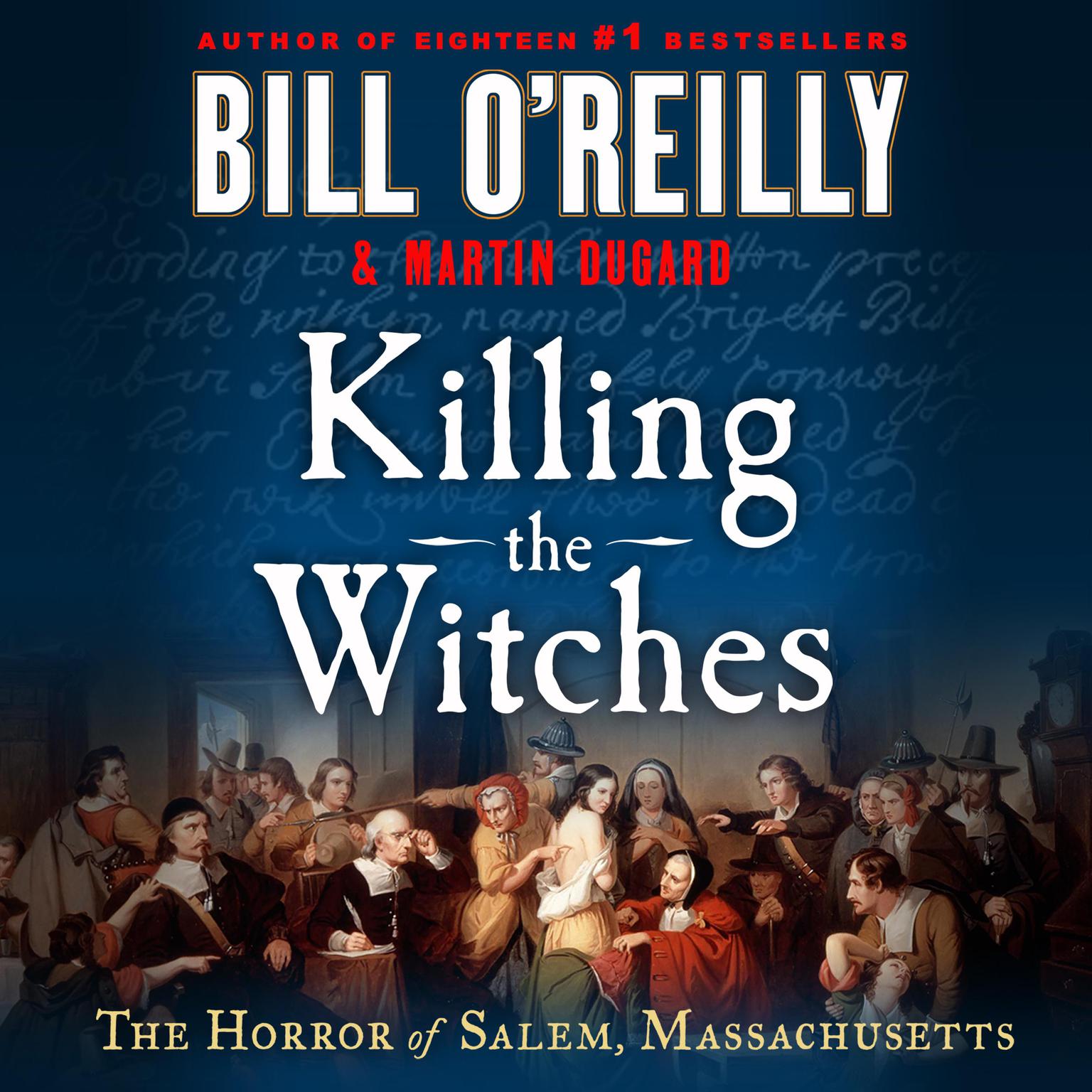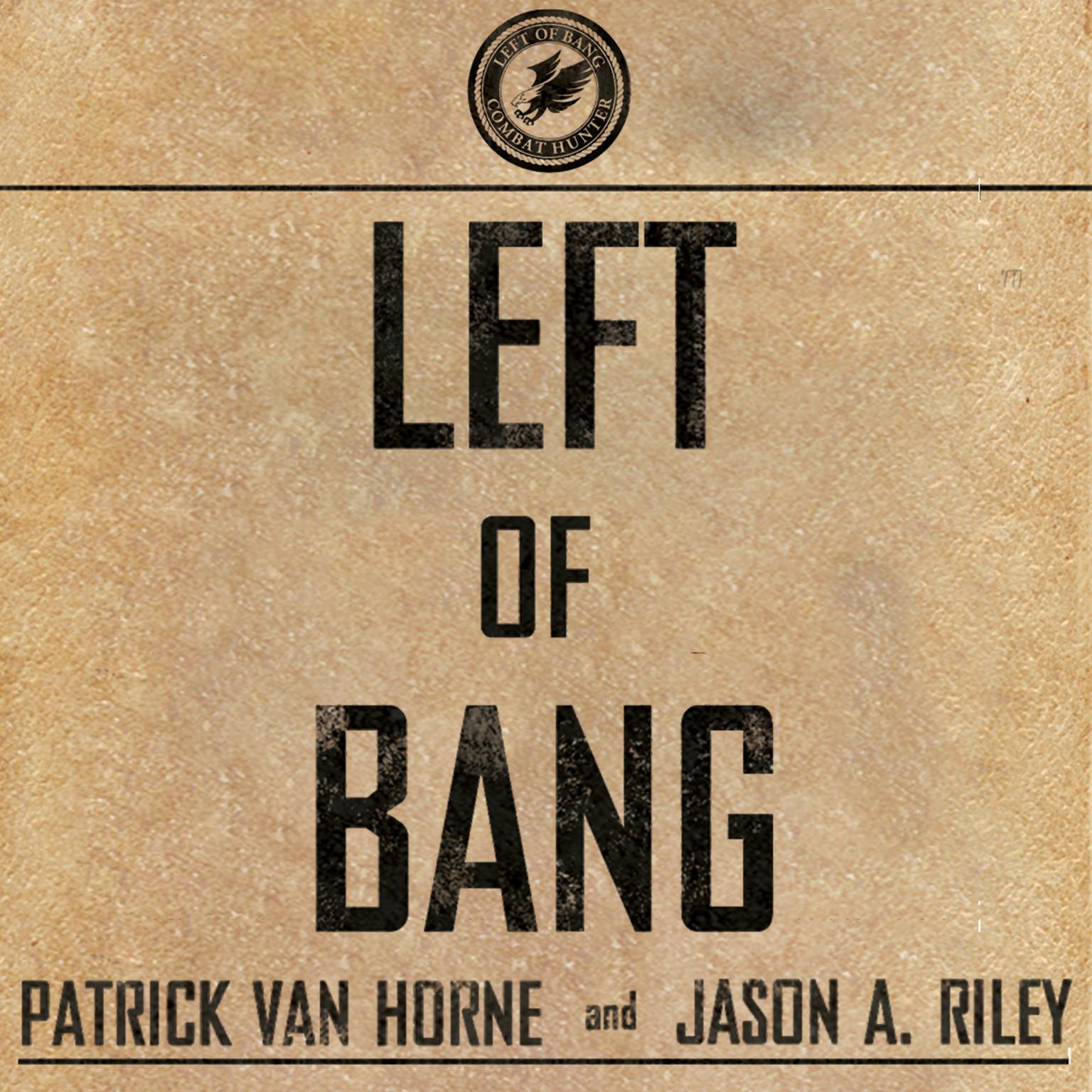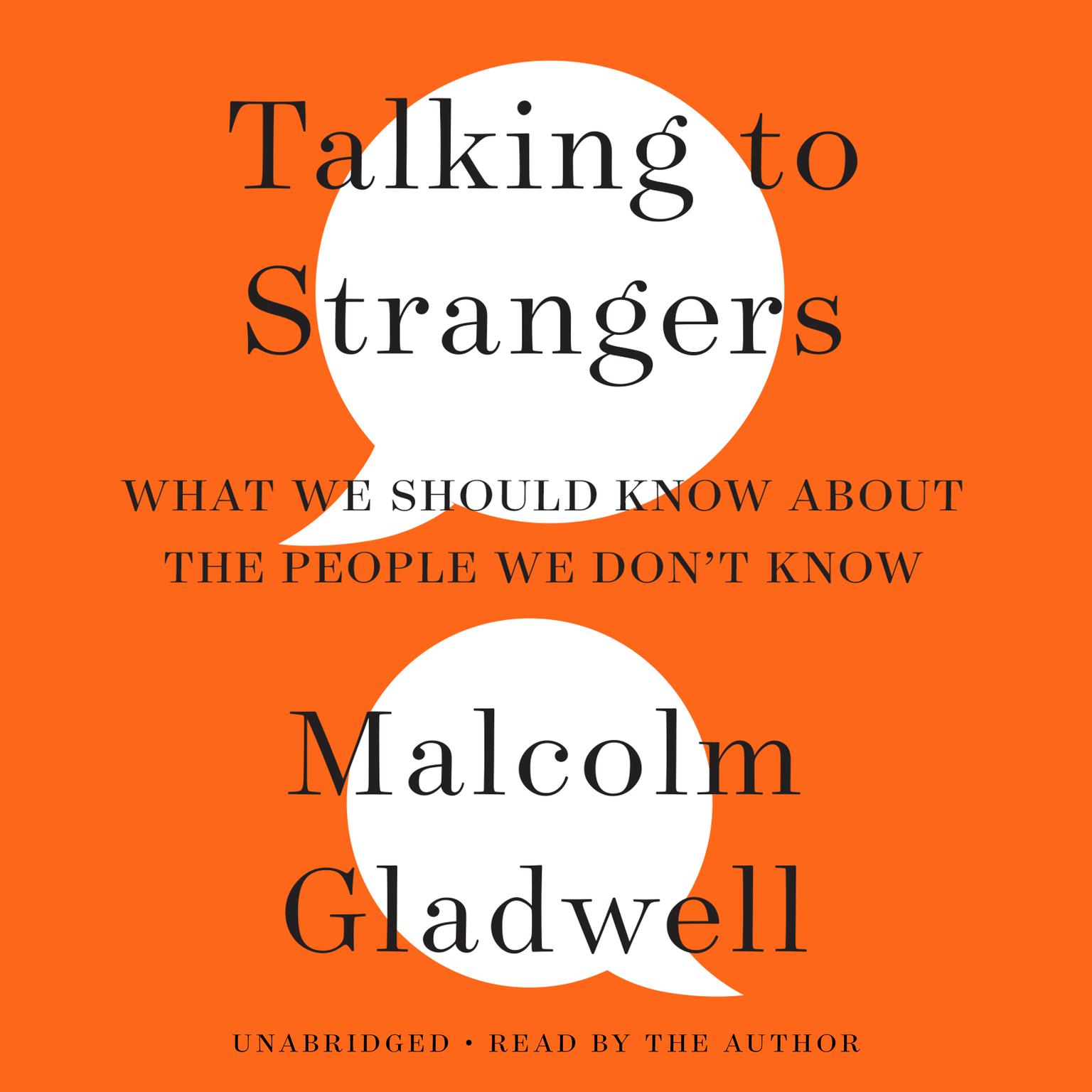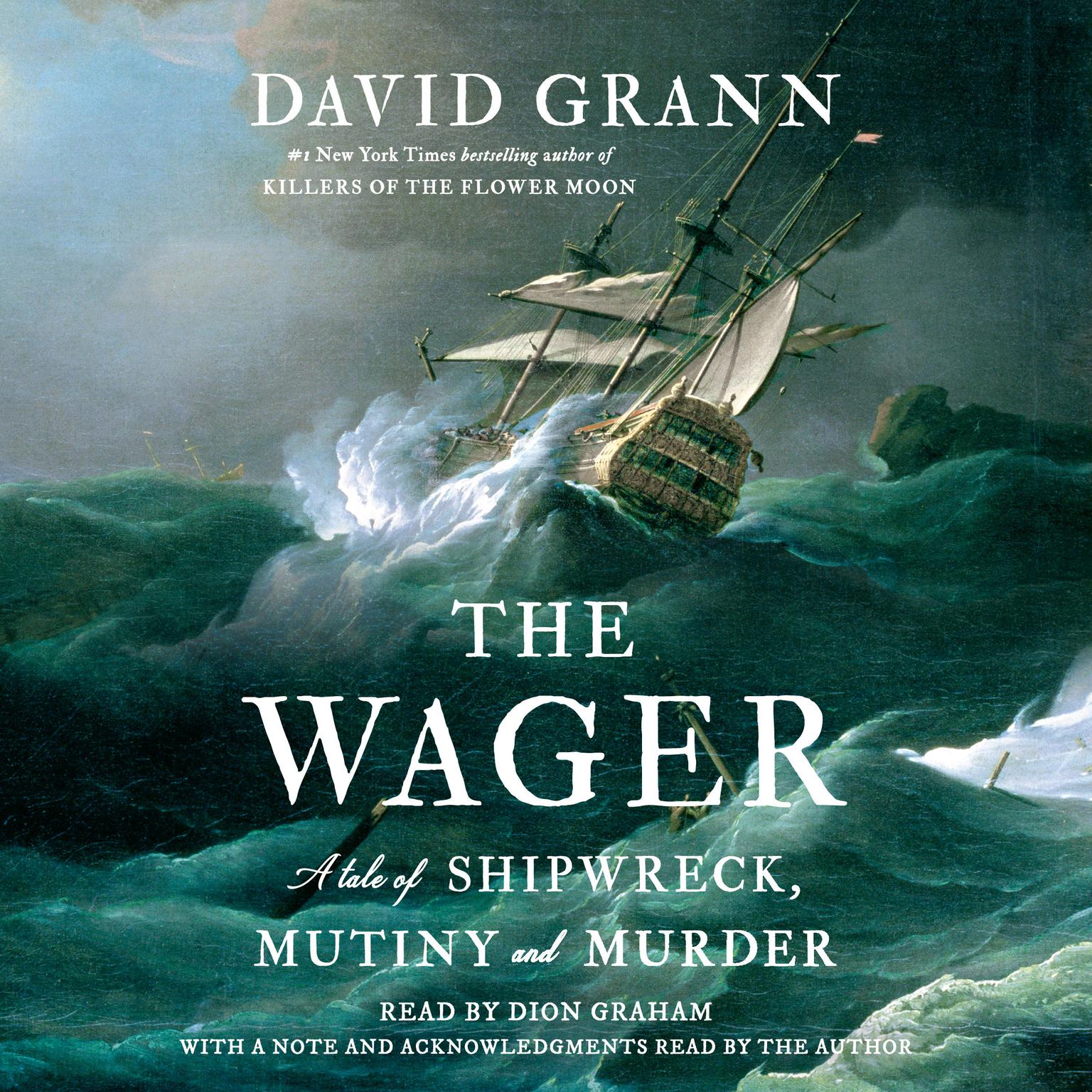Publisher Description
NAMED A BEST BOOK OF THE YEAR BY NPR and THE WASHINGTON POST
“Compelling, insightful and important, Beneath a Ruthless Sun exposes the corruption of racial bigotry and animus that shadows a community, a state and a nation. A fascinating examination of an injustice story all too familiar and still largely ignored, an engaging and essential read.” –Bryan Stevenson, author of Just Mercy
From the author of the Pulitzer Prize-winning bestseller Devil in the Grove, the gripping true story of a small town with a big secret.
In December 1957, the wife of a Florida citrus baron is raped in her home while her husband is away. She claims a “husky Negro” did it, and the sheriff, the infamous racist Willis McCall, does not hesitate to round up a herd of suspects. But within days, McCall turns his sights on Jesse Daniels, a gentle, mentally impaired white nineteen-year-old. Soon Jesse is railroaded up to the state hospital for the insane, and locked away without trial.
But crusading journalist Mabel Norris Reese cannot stop fretting over the case and its baffling outcome. Who was protecting whom, or what? She pursues the story for years, chasing down leads, hitting dead ends, winning unlikely allies. Bit by bit, the unspeakable truths behind a conspiracy that shocked a community into silence begin to surface.
Beneath a Ruthless Sun tells a powerful, page-turning story rooted in the fears that rippled through the South as integration began to take hold, sparking a surge of virulent racism that savaged the vulnerable, debased the powerful, and roils our own times still.
Download and start listening now!
In the tradition of Harper Lee, Gilbert King tells the story of a small southern town corrupted by racism, a perverse genteel honor, and utter disdain for poor “crackers.” Three women stand out in this gripping tale of a falsely accused man: an unrelenting reporter, a mother, and a victim doubly victimized as a pawn of others’ ambitions. In deftly unraveling a tragic mixture of lies, violence, and hatred, King powerfully reminds us how the unpalatable beliefs of 1957 haunt us still.
—
Nancy Isenberg, author of White Trash
